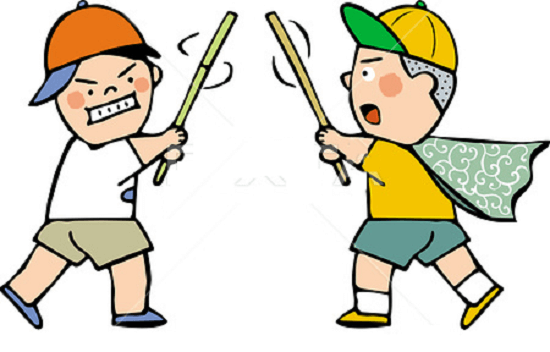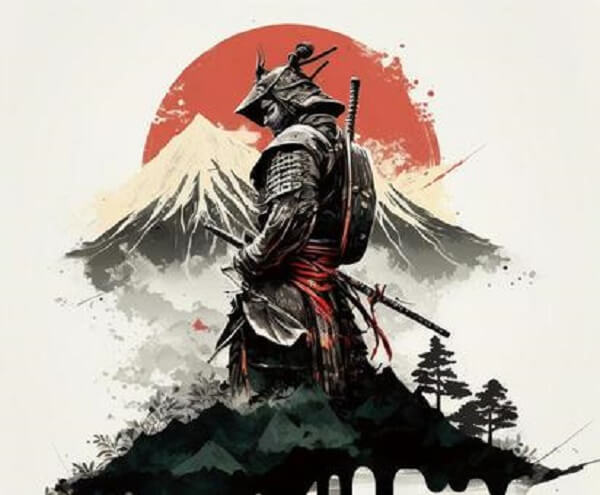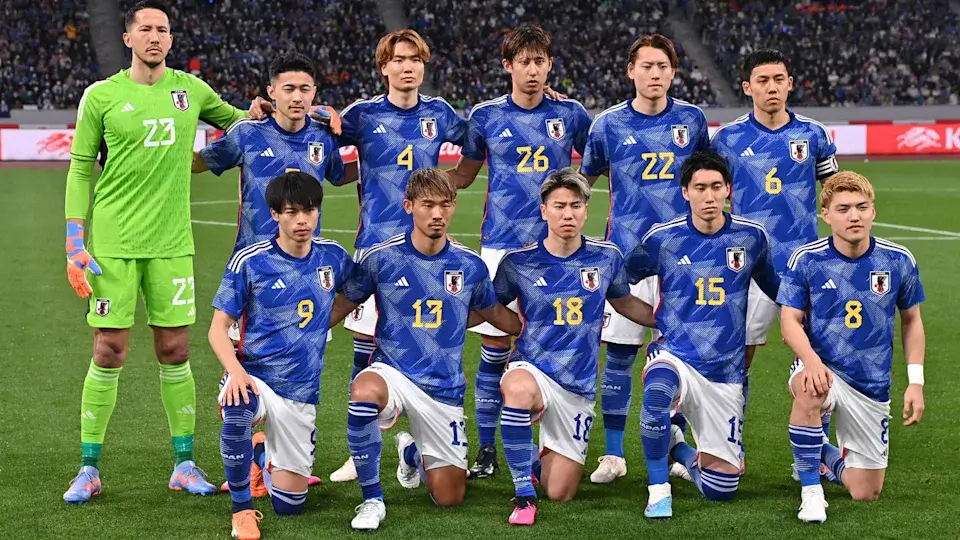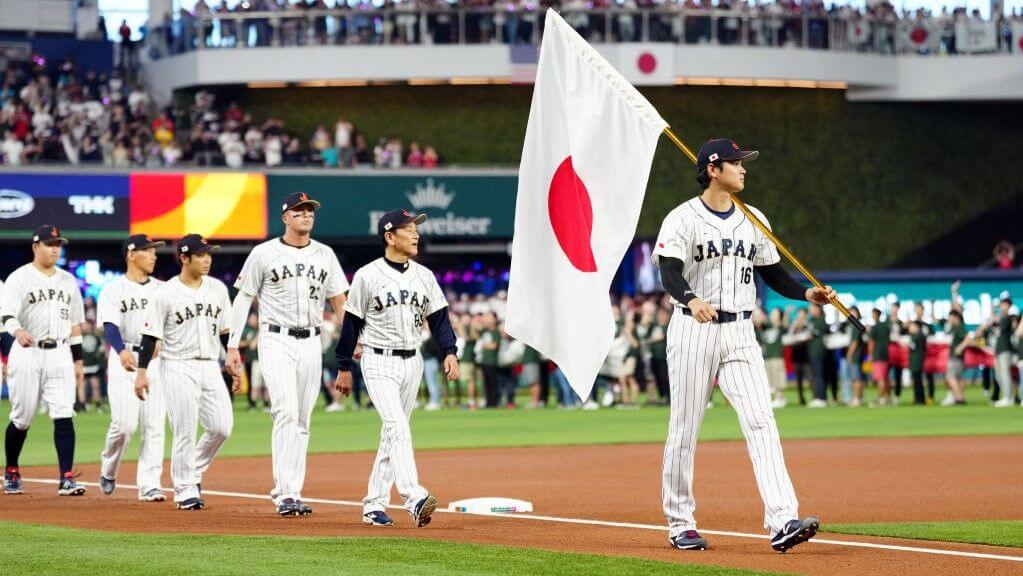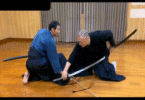Hi, everyone what’s new with you? Today’s subject is “Samurai“, whose word seems to be one of International word with “Cool Japan” recently.
Before talking about Samurai, I’d like to ask you if you have ever heard of or known “Chanbara”?
Probably not, I guess, because the word “Chanbara” comes from boys’ sports game.
I used to play the Chanbara game very often when I was boy’s days as shown below.
What’s “Chanbara game”?
The origin of sports “chanbara” is an extension of make-believe game chanbara which was copied from the fighting of “Samurai”.
And also the art of offence and defense using a stick as a weapon, in which an appropriate length stick is used to beat an opponent with hollow material stick, mostly soft bamboo, so there is no concern about injury each other.
So let’s go about it deeper since its spirit has been influencing on our Japanese mind to this day.
What’s the meaning of the true spirit then?
Men in armour on the battlefield, while evading swords and arrows that come from all directions.
they put all energy to put killing their enemies by cutting with swords, piercing with lances.
They ‘re the samurai, most typical Japanese warriors.
It’s not unusual for Japanese to be described as “samurai”. But how did the people of Japan in general come to be associated with warriors? Let’s unravel this mystery by taking a look at Japanese history.
The word “samurai” is derived from the word “saburau”, which means “to serve”. It’s believed that the forerunners of the samurai were men who served the nobility as guards, roughly 1,000 years ago.
At the end of the 12th century, Minamoto no Yoritomo established the Kamakura shogunate, and the reign of the samurai began.
During the age of civil war in the 16th century, the warrriors fought and died in battles for land expansion and power.
A series of superstar warlords emerged. It was an era when military strength was the key to gaining political power.
The beginning of the 17th century opened a stunnning new chapter in the history of the samurai.
The Edo shougunate was established in what is now Tokyo, and thereafter, around 250 years of peace would reign throughout Japan. Fighting by trade, the samurai had no choice but to embark on a completely different way of life.
During the Edo period, the shogunate promoted the teachings of Confucianism, a school of Chinese philosophy.
And the samurai incorporated these ideas into everyday life.
A strong spiritual backbone became the hallmark of samuai values.
Be loyal to your master.
Observe proper etiquette.
Do what’s right without hesitation.
Show compassion for the weak.
The advent of the Meiji era in the late 19th century brought an end to the age of the samurai, but their spirit remained the basis of Japanese moral values.
Educator Inazo Nitobe, in his book, “Bushido“(The Soul of Japan), described the spirit of the samurai, or “bushi“,in detail. To quote just one sentence: “Unformulated, Bushido was and still is the animnating spirit, the motor force of our country”.
Even in contemporary Japan, people with high aspirations who adhere unwaveringly to their principles are sometimes referred to as samurai.
In that sense, their values continue to be the soul of Japan.
Samurai Japan
Almost all sports fans all over the world would know the spirit of “Samurai Japan” in football and baseball in particular,
I’d like to expect, finally, their success continually in the future.
Finally, we have another blog about “Seven Samurai, BBC’s “Best Foreign Language Film of all time’ Why is it Still Highly Evaluated Overseas? ” to be browsed, thanks
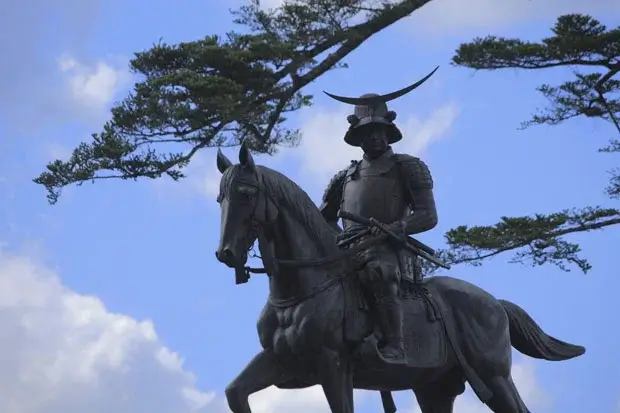 Date Masamune (1567-1636) a feudal lord during the period of civil wars in Japan
Date Masamune (1567-1636) a feudal lord during the period of civil wars in Japan


